Hong Kong: The Super Value-Adder for Indonesian Businesses
With decades of sustained economic growth, favourable demographics and an increasingly affluent consumer market, Indonesia represents an ideal Southeast Asian investment destination, rich in business opportunities for Hong Kong traders and service providers. To explore the various opportunities in the lucrative Indonesian market,HKTDC Research visited Jakarta and Bali in late 2023, meeting with relevant industry experts to gain their insights.
Efficient B2B Sourcing
Dwarfed by the US$50 billion B2C e commerce market – the largest in Southeast Asia – the B2B e commerce market, estimated at US$21 billion in 2023, is considered underserved in Indonesia. Similar to the B2C e commerce market, which has grown significantly thanks to increasing penetration of smartphones, greater and cheaper internet access, and a large digital native young population, the B2B e commerce market has gained greater prominence in recent years, as Indonesian SMEs and start ups become more tech conscious and receptive to digitalisation. In tandem, comprehensive procurement marketplaces and solutions are highly sought after by businesses looking for improved efficiency.
Indonesia currently faces several procurement challenges, including a dearth of multiple vendor due diligence process, a lack of B2B procurement financing on favourable payment terms, inadequate professional fulfilment and after sales services, as well as insufficient quality control.
Drawing on years of deep immersion in the Indonesian procurement industry, some Hong Kong companies are convinced that there are ample business opportunities in these challenges. Some have established B2B procurement or sourcing platforms to offer one stop solutions that add value for Indonesian companies.
Adding Value Through One-stop Sourcing
Companies usually set up their own in house procurement teams to source from different suppliers, manage logistics, conduct quality control and negotiate payment terms. However, performing due diligence across multiple vendors often makes the procurement process difficult, time consuming and costly.
Outsourcing this function to a one stop B2B procurement platform would mean that a company no longer needs a large procurement team to handle the work. By submitting a request for quotation (RFQ) with specifics, the relevant procurement platforms can help match a company with the most suitable vendors, work out customised payment or servicing terms, perform quality control and arrange nationwide fulfilment.
In addition to time and cost savings, these platforms also provide value added services. For example, in response to the call for ESG procurement, such platforms could also help source sustainable products and ensure that the procurement process – as part of the whole supply chain – is ESG compliant. Such compliance is increasingly mandated by listed companies and MNCs as a condition of international listing and reporting regulations.
Furthermore, these platforms can offer advisory services that could streamline the procurement process by customising payment and servicing terms for buyers. For example, when a company submits an RFQ for air conditioners to be installed in its offices, the relevant B2B platform can not only match it with a prospective supplier, but also negotiate on the company’s behalf for a longer warranty period.
Sustainable and Profitable
While the B2C e commerce market is larger than its B2B counterpart, the latter is seen as more profitable, primarily due to consumers' low loyalty to e commerce platforms. Unlike in the business world, where clients often maintain relationships with trusted partners, retail consumers are more price sensitive and less loyal than business customers. The failure to offer customised value added services at scale fuels competition among retail e commerce marketplaces, resulting in lower profit margins.
Additionally, B2B platforms are less sensitive to economic cycles than B2C platforms, especially for non essential, discretionary consumer products. During economic downturns, businesses tend to maintain their procurement activities, despite downsizing, unless they decide to shut down the business outright. However, retail consumers tend to significantly tighten their belts and become more frugal, particularly when it comes to non essential spending.
Hong Kong is renowned for its efficient logistics capabilities, standing out as a prominent hub in the Asia Pacific region. It is well placed to offer leading e marketplaces like Lazada and Shopee ways to streamline their shipment consolidation from suppliers. Against this backdrop, and with their proven track record of B2B procurement services, Hong Kong businesses are well positioned to explore the lucrative yet underserved Indonesian B2B e commerce market.
A Dynamic Start-up Ecosystem
Indonesia also abounds in start up and innovation opportunities. While China and India continue to be the most prominent tech hubs in Asia, Indonesia is fast catching up and becoming a significant player in the global tech landscape. With over 2,300 start ups, Indonesia ranks fifth in the world in terms of the number of start ups. These start ups span various sectors, from e commerce and fintech to healthcare and agritech, serving as a strong driving force for innovation.
As of 2022, Indonesia was home to the second largest number (15) of unicorns (start up companies with a value over US$1 billion) or decacorns (companies with a value over US$10 billion) in ASEAN, behind only Singapore. The Indonesian government’s commitment to building a digital ecosystem1, the proliferation of start ups and tech companies, and the availability of venture capital funding all contributed to the country's vibrant start up scene. In 2019 the government stated its ambition to nurture 20 new unicorns by 2025.






















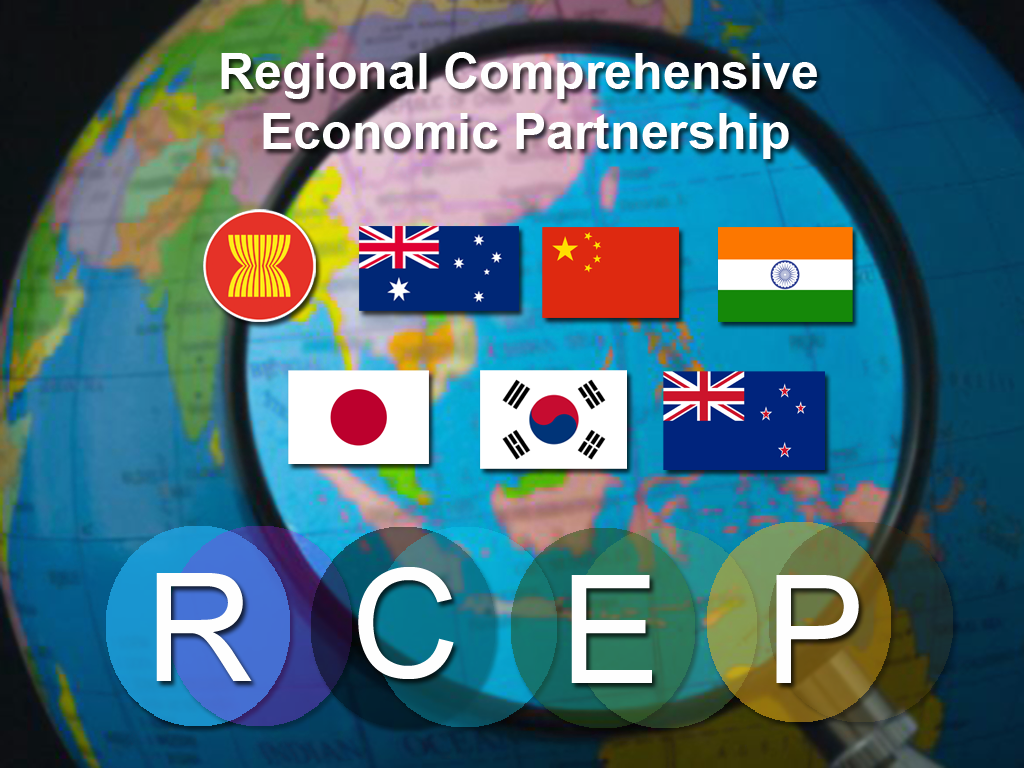
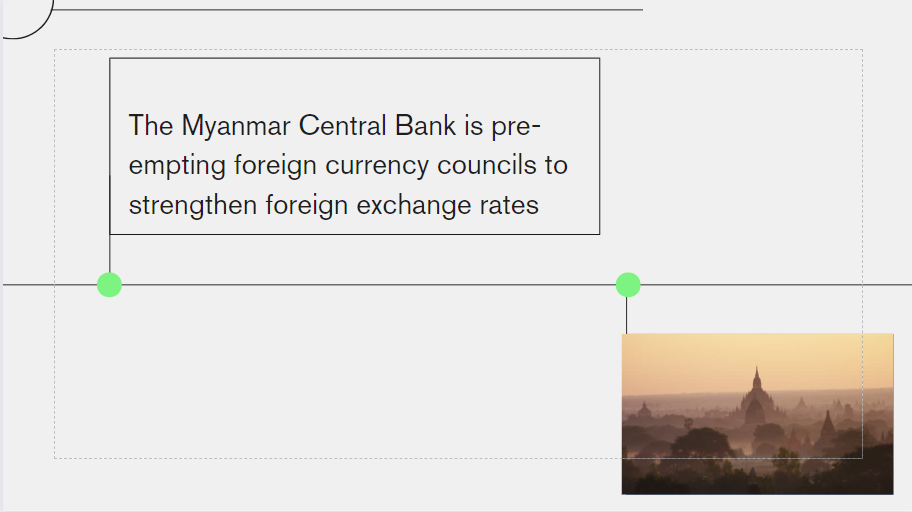
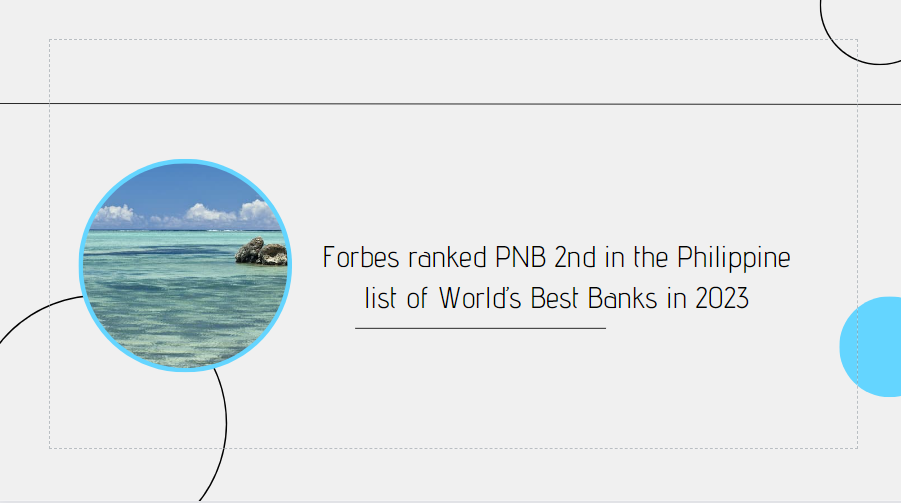
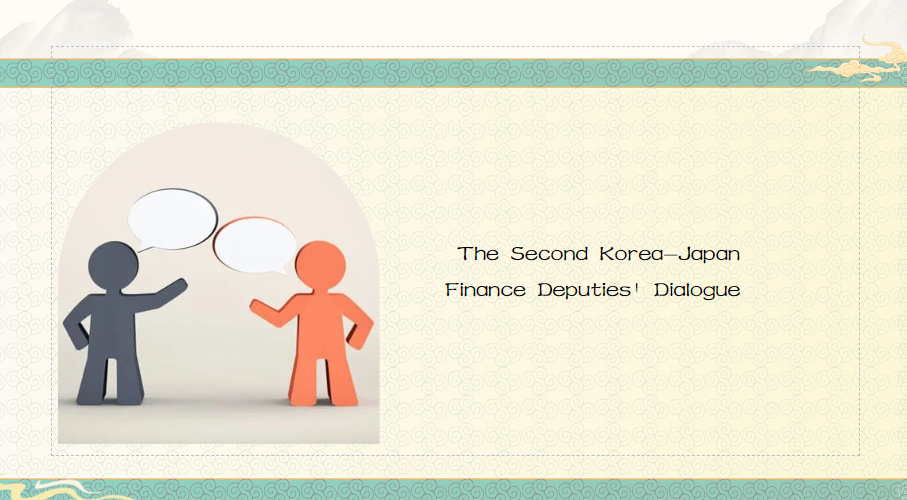
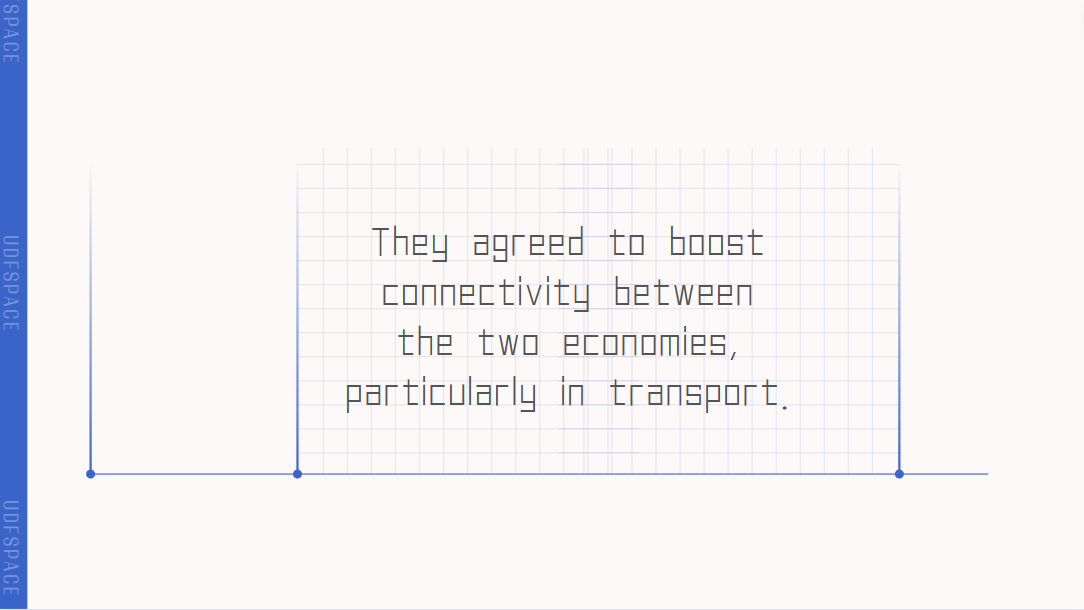




























First, please LoginComment After ~